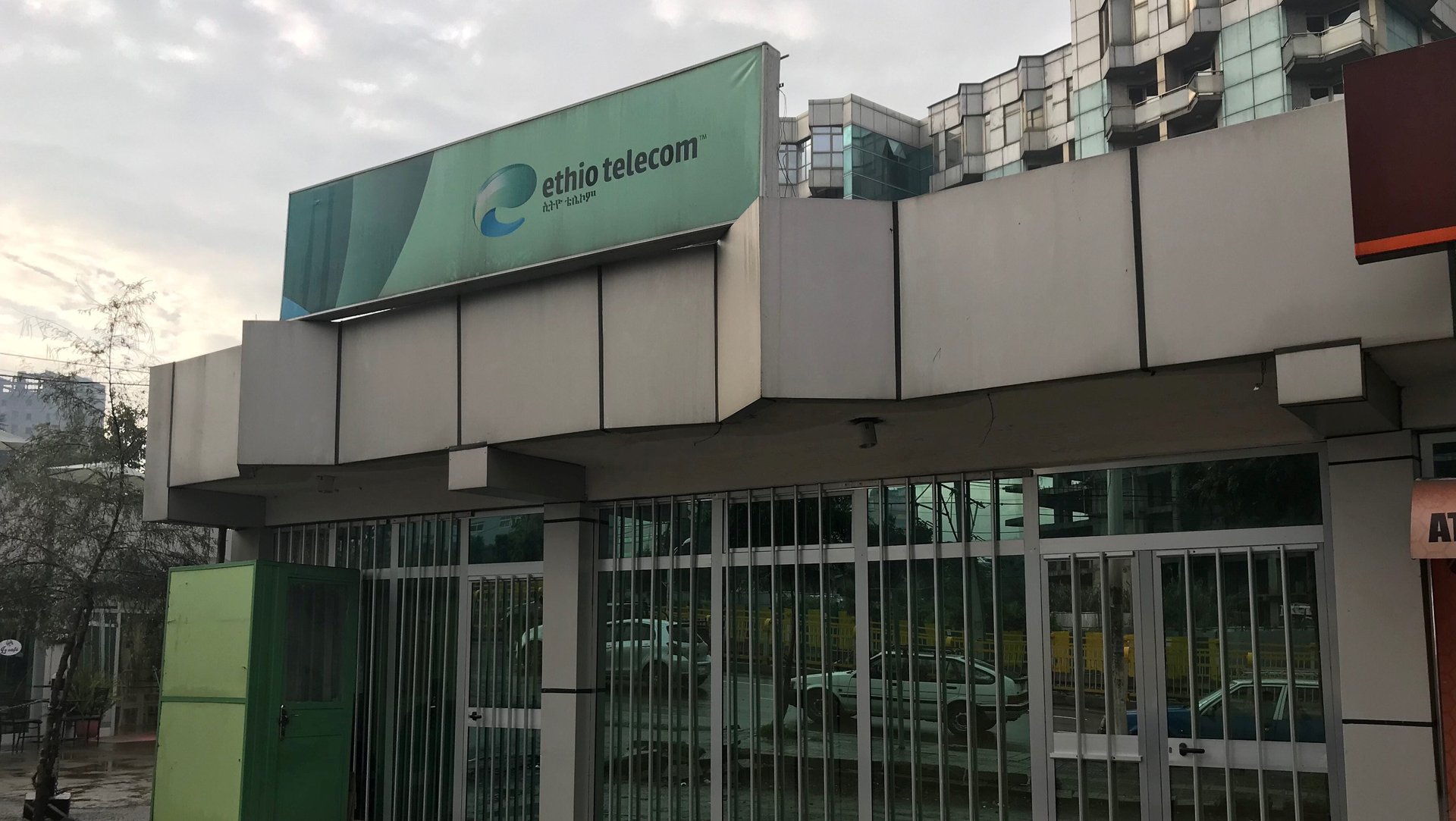The World Bank wants greater competition in Ethiopia’s telecom sector plans
The Ethiopian government’s latest plans to open up its telecommunications sector and enter the mobile money market are sparking concerns over the fairness of its efforts. They come as the country faces immense financial pressures in the wake of the coronavirus pandemic and ongoing conflict in its northern Tigray state.


The Ethiopian government’s latest plans to open up its telecommunications sector and enter the mobile money market are sparking concerns over the fairness of its efforts. They come as the country faces immense financial pressures in the wake of the coronavirus pandemic and ongoing conflict in its northern Tigray state.
Prime minister Abiy Ahmed’s plans to privatize the telecommunications industry have been a stop-start process since he first announced in 2018 that he would be inviting in competitors. Government-owned operator Ethio Telecom currently monopolizes the country’s telecoms sector, one of the largest on the continent. A bidding war has since grown amongst international operators to acquire a license to service the country’s approximately 110 million people.
Government regulators abruptly stopped taking bids for operating licenses from international mobile network operators last year as it was becoming a contentious issue ahead of a national election, which has since been rescheduled to this year. They now plan to issue two licenses in the coming months. The government also confirmed in November that it would sell a 45% stake in Ethio Telecom, which has around 49 million mobile subscribers.
Last year, it also agreed to allow Ethio Telecom to enter the mobile banking market.
“I think this is a good decision, albeit a bit late,” said Ephrem Teshale Bekele, an observer with the Addis Ababa Institute of Technology. “Our neighbor Kenya and the like have benefited significantly from a combined telco/financial service.”
“Ethio Telecom can use its infrastructure to deliver financial services to the wider community where traditional banking has not reached. It will also complement the traditional banking sector in the cities,” Bekele said.
Kenya’s Safaricom is one of the companies vying for a telecoms license, reportedly borrowing up to $500 million from the US International Development Finance Corporation last year for the effort. Despite being the second-most populous African nation, Ethiopia’s economy remains largely cash-based, and only about 19% of the country currently has access to the internet. Safaricom had been in talks with the government to launch its M-Pesa mobile money app in the country last year, until the government decided to restrict the mobile money market to Ethiopian firms and nationals.
The two licenses granted to the international mobile operators will not permit them to invest in the local banking and mobile money sector. Industry insiders say it is a paradox to prohibit those joining the telecom sector from also investing in the mobile banking sector, while allowing Ethio Telecom to do so, as this would create a two-tier system that favors the government agency unfairly.
The World Bank has been assisting the Ethiopian Telecommunication Agency with the licensing process. Ousmane Dione, the World Bank’s director for Eritrea, Ethiopia, South Sudan and Sudan, has urged the Ethiopian government to create a more level playing field between Ethio Telecom and any new entrants into the market. In a Feb. 11 blog post, Dione addressed the restriction of mobile money investment to Ethiopian firms, as well as potential restrictions on what infrastructure the new entrants could use. Ethio Telecom recently said it was inviting bids for use of its fiber network stretching 21,327 kilometers and more than 7,300 towers.
“Ethio Telecom has the most to gain from the expansion of the digital economy, but it is also at risk from losing market share if it fails to compete effectively,” Dione wrote. It will need to “collaborate as well as compete…this is best done by allowing for open commercial negotiations in which the new entrants can make rational decisions whether to build their own infrastructure or buy capacity from Ethio Telecom.”
Ethiopia’s financial situation has lent urgency to the effort to liberalize its banking and telecoms sectors. The nation has requested debt relief under a G20 framework designed to help countries reeling from the pandemic. Remittances have dipped, and foreign investment in areas such as the flower and manufacturing industries have dwindled in the wake of ongoing fighting in Tigray.
Sign up to the Quartz Africa Weekly Brief here for news and analysis on African business, tech, and innovation in your inbox.